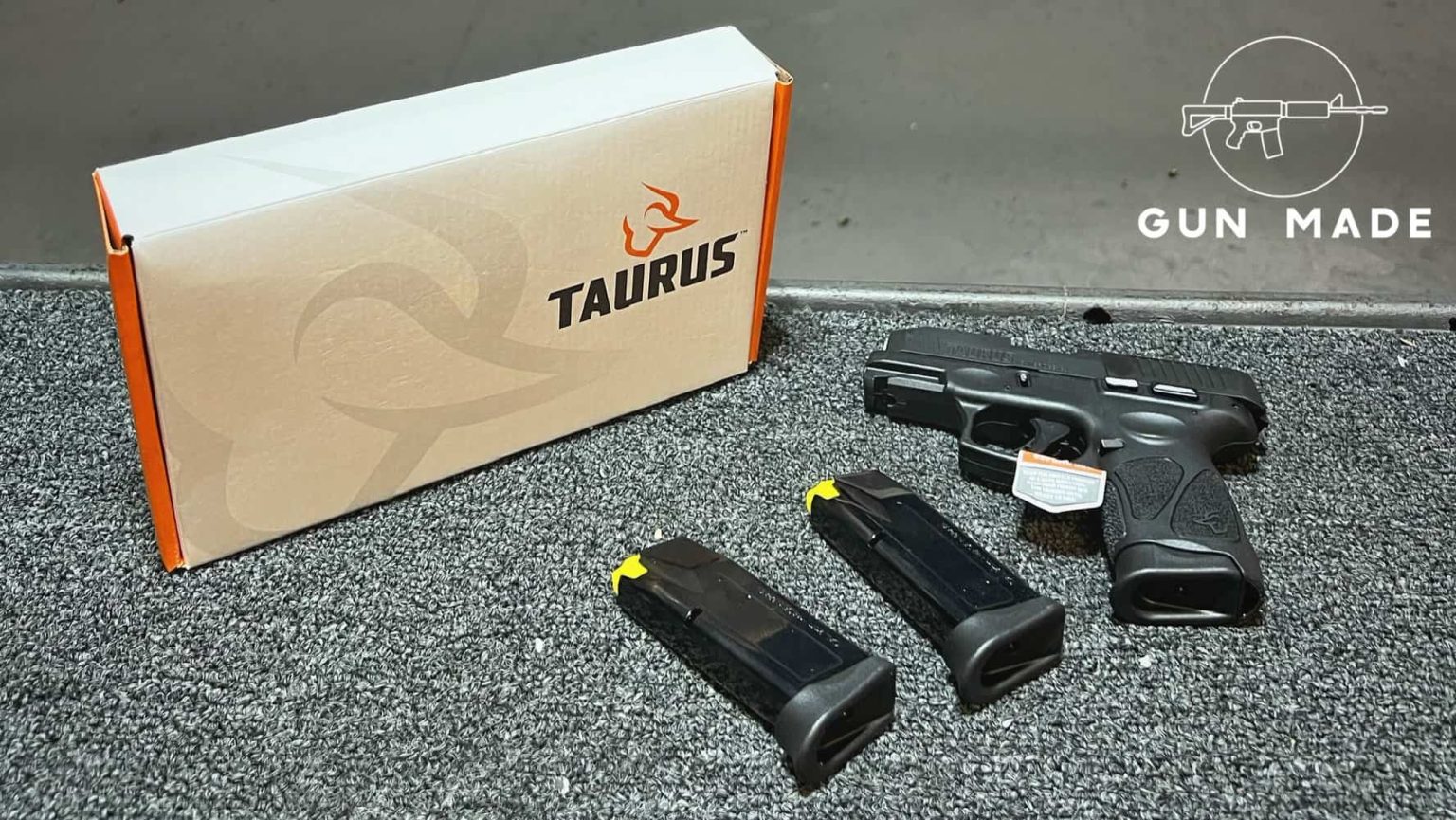Taurus Armas: Turning a Tariff Threat into a Strategic Triumph
Published by Hotspotorlando News. July 26, 2025, 01:30 PM EDT
As the clock ticks toward the August 1, 2025, deadline for a 50% U.S. tariff on Brazilian goods, Taurus Armas S.A., the Brazilian firearms giant, finds itself at a crossroads. The recent X post from @NewsLiberdade warning of a potential relocation and 15,000 job cuts has sparked alarm, but beneath the surface lies a silver lining: this crisis could be the catalyst for a transformative leap forward for the company. With strategic relocation to the United States, backed by enticing incentives and a lighter tax burden, Taurus stands poised to emerge stronger, more competitive, and better positioned for long-term success.
The Tariff Challenge: A Wake-Up Call
The tariff, announced by President Donald Trump as a retaliatory measure against Brazil’s trade policies and ongoing political tensions, threatens Taurus’s export-driven model. With over 60% of its revenue—approximately 1.8 billion Brazilian Reals (BRL) in 2023—flowing from the U.S. market, the company faces a potential 30-40% profit hit unless it adapts. The X post’s dire prediction of relocation and job losses reflects the immediate pressure, but this could be a misread of the bigger picture. For Taurus, moving production to the U.S. isn’t just a defensive move—it’s an opportunity to rewrite its business narrative.
A Land of Opportunity: U.S. Incentives and Tax Advantages
The U.S. beckons with a suite of incentives that could turn the tide for Taurus. States like Georgia, Texas, and Alabama—already home to manufacturing hubs—are rolling out the red carpet with offers that include:
– Tax Breaks: Property tax abatements and corporate income tax reductions could slash Taurus’s tax bill by 20-30% over 5-15 years, a stark contrast to Brazil’s 34% combined rate.
– Job Creation Grants: With potential savings of $5,000-$10,000 per new job, Taurus could offset relocation costs by committing to create 5,000-10,000 U.S. positions, softening the blow of Brazilian job cuts.
– Federal Support: Tax credits under the Section 48C Advanced Manufacturing program could cover up to 30% of a $50-100 million investment, while Export-Import Bank loans could ease financing.
Moreover, the U.S. federal corporate tax rate of 21%—reducible to 15-20% in low-tax states—outshines Brazil’s burdensome tax wedge. By producing domestically, Taurus would dodge the 50% tariff entirely, preserving its $300-500 million annual U.S. revenue and maintaining competitiveness against rivals like Glock. This tax and tariff relief could boost its thin 5-6% profit margin to a more robust 8-10%, signaling a financial renaissance.
Operational and Market Gains
Relocation leverages Taurus’s existing U.S. foothold, with Taurus USA in Bainbridge, Georgia, already operational since 1982. This infrastructure, combined with access to a streamlined regulatory environment and faster permitting processes, could slash setup delays compared to Brazil’s 1-2 year environmental licensing hurdles. The company’s vertically integrated supply chain—producing components in-house—can adapt to U.S. production, though investments in automation may be needed to offset higher labor costs (2-3 times Brazil’s).
Market-wise, staying in the U.S. ensures uninterrupted access to its largest customer base, where Taurus holds a 5-7% share among handgun manufacturers. Expanding into this ecosystem could also open doors to innovation partnerships, addressing its historical quality challenges (e.g., the 2015 recall) and elevating its brand beyond budget offerings. Plans to diversify into markets like Saudi Arabia, as noted in Reuters (April 2025), could further reduce reliance on any single region, but the U.S. move solidifies its core.
A Brighter Future Amid Transition Pains
To be sure, the transition won’t be seamless. Upfront costs of $50-100 million and a 6-12 month adjustment period pose risks, especially with Taurus’s moderate debt (debt-to-equity ratio of 0.7). Yet, with incentives covering half these expenses and a phased approach—starting with assembly by Q1 2026—the company can manage the shift. The loss of 15,000 Brazilian jobs, as flagged on X, is a painful trade-off, but the creation of U.S. roles and long-term profitability gains could outweigh this in the global ledger.
Politically, X posts reveal Brazilian backlash, with some labeling the move a betrayal. However, this sentiment may fade as the company secures government support or negotiates tariff exemptions. In the U.S., aligning with reshoring trends (Forbes Council Post, 2024) could earn it political goodwill, enhancing its strategic position.
U.S. Manufacturing Incentives: A Game Changer
Today’s date and time is 01:28 PM EDT on Saturday, July 26, 2025, leaving Taurus with less than six days to finalize its strategy. The U.S. offers a robust framework of manufacturing incentives that could seal the deal. Federally, the Section 48C Advanced Manufacturing Tax Credit provides up to 30% ($15-30 million) on a $50-100 million investment, while the Export-Import Bank offers loans up to $100 million at competitive rates. Opportunity Zones defer capital gains taxes, and a proposed Made in America Tax Credit could add 10-20% more support if passed before the deadline.
At the state level, Georgia offers property tax abatements and job credits ($1,250-$4,000 per job), Texas provides 100% tax exemptions for 10 years, and Alabama adds industrial grants. These could collectively reduce relocation costs by 40-50%, while the U.S.’s 15-20% effective tax rate (vs. Brazil’s 34%) saves $20-30 million annually. Faster permitting and infrastructure support further lower barriers, making the U.S. a compelling choice to preserve Taurus’s $300-500 million U.S. revenue and address its R&D lag.
A Much Better Situation Ahead
Far from a retreat, Taurus’s potential U.S. relocation is a bold pivot that could transform it from a vulnerable exporter into a resilient, U.S.-based powerhouse. Lower costs, tariff immunity, and access to innovation could double its market share within five years, while incentives mitigate transition pain. The X post’s alarmist tone overlooks this upside: Taurus isn’t just surviving—it’s setting the stage for a competitive edge that Brazil’s economic constraints could never nurture. By mid-2026, this move could redefine Taurus as a global leader, proving that sometimes, the greatest opportunities arise from the toughest challenges.

